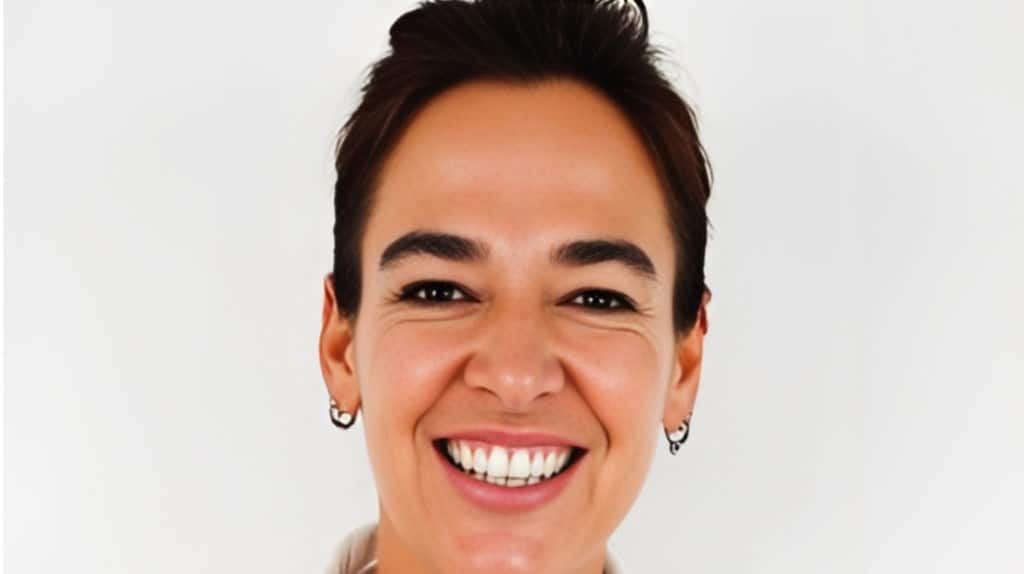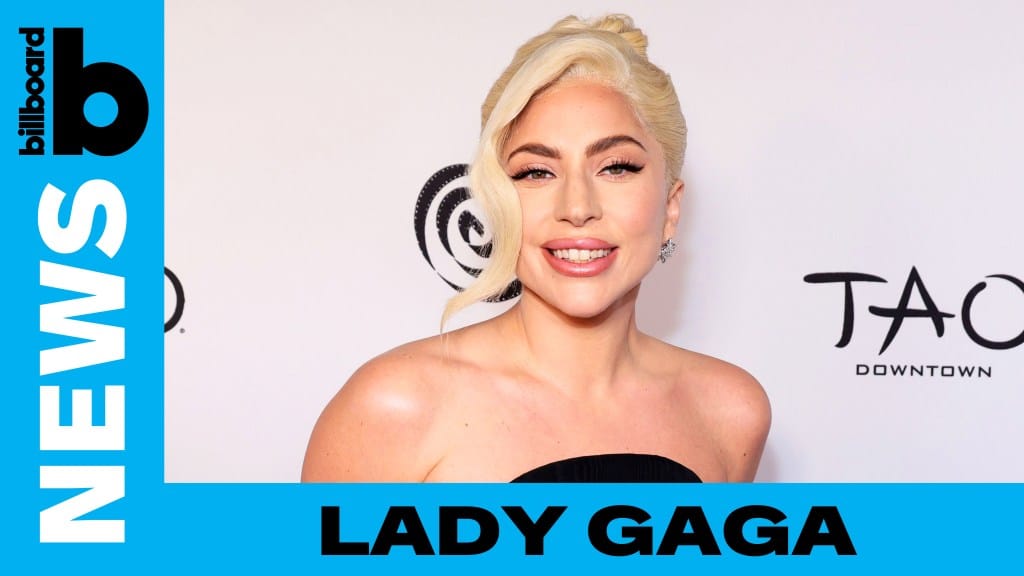bbnews
Page: 32
Marianne Faithfull, British singer, songwriter, actress and iconic figure of the 1960s, has died. She was 78 years old.“It is with deep sadness that we announce the death of the singer, songwriter and actress Marianne Faithfull,” a statement shared to BBC reads. “Marianne passed away peacefully in London today, in the company of her loving family. She will be dearly missed.”
A cause of death has yet to be revealed.
Explore
Explore
See latest videos, charts and news
See latest videos, charts and news
Faithfull was born in the Hampstead area of North London, the daughter of an Austrian aristocrat and a British intelligence officer. Starting a career as a folk singer in the early ’60s, she made the acquaintance of Rolling Stones producer Andrew Loog Oldham, who introduced her to the band’s circle, and offered her “As Tears Go By,” a composition co-penned by the band’s Mick Jagger and Keith Richards. The sparse, acoustic ballad hit the top 10 in the U.K. in 1964, and also crossed over to the Billboard Hot 100, peaking at No. 22.
[embedded content]
“As Tears Go By” made Faithfull a star, and further hits followed the next year: “Come and Stay With Me,” “This Little Bird” and “Summer Nights,” all of which hit the U.K. top 10 and the Hot 100 top 40. Faithfull also became a British tabloid fixture, particularly after she began an affair with Jagger in 1966, ultimately leaving her first husband John Dunbar to live wth him. Early the next year, she made headlines for being at the scene of a drug bust at Richards’ house, dressed only in a fur rug at the time of the arrest.
The hits dried up for Faithfull in the late ’60s, but she continued to be a pop/rock presence, singing backing vocals on The Beatles’ No. 2 hit “Yellow Submarine” and co-writing the Rolling Stones’ Sticky Fingers classic drug ballad “Sister Morphine.” However, her drug addiction ended up consuming much of what should have been her prime years, particularly after she split with Jagger and lost custody of her son Nicholas (with first husband Dunbar) in 1970. After 1967’s Love in a Mist album — her last on Decca Records — she would not release another album until 1976.
Faithfull would make her first and most resounding comeback in 1979, with the new wave and disco-influenced Broken English set. The singer/songwriter’s voice had transformed into something lower and more weathered with her drug usage, and the set drew rave reviews for its modern sounds and brittle energy. Substance abuse sapped the momentum the Grammy-nominated set earned Faithfull’s career, until a 1987 reinvention as a jazz and blues singer on her Strange Weather set.
She was a sporadic presence in the mainstream for the rest of the 20th century, with high-profile guest roles on Roger Waters of Pink Floyd’s 1990 live tour of his band’s best-selling The Wall set, and as a featured vocalist on Metallica’s 1997 single “The Memory Remains.” She experienced another critical resurgence in the early 21st century with 2002’s Kissin Time set — including songs written by popular alt-rock figures Beck, Blur and Billy Corgan of Smashing Pumpkins — and released further albums of originals and covers for the next two decades, most recently with 2018’s Negative Capability, her highest-charting set on the U.K. albums chart since 1965, and 2021’s She Walks in Beauty alongside Australian composer Warren Ellis.
[embedded content]
Outside of her recording career, Faithfull also had a successful run as an actress, appearing in theatrical roles on the stage, in television and in film. She holds the distinction of being the first person to ever say the word “f–k” in a mainstream movie, doing so in the 1967 Michael Winner film I’ll Never Forget What’s’isname, and had small 21st century rules in the hit British sitcom Absolutely Fabulous (as God), and in the Sofia Coppola-directed biopic Marie Antoinette (as Empress Maria Theresa). For her starring role in 2007’s Irina Palm, as a 60-year-old widow who becomes a sex worker out of necessity, she was nominated for a European Film Award for best actress.
Faithfull also endures as one of the defining popular figures of ’60s Swinging London, iconic for her voice and her fashion, and for being a muse to many of the musicians in her orbit, primarily of course The Rolling Stones. She was ranked 25th in VH1’s 1999 list of the Greatest Women of Rock and Roll, and in 2009, she was named icon of the year at the U.K.-based Q Awards. “‘I’m glad you can hear the experience in my voice,” she told Time Out New York in 2016. “I should think so, after 50 years.”
Drake and Lil Wayne are in this week’s top five of the TikTok Billboard Top 50, but can the duo take Supa King’s No. 1 spot? Keep watching to find out! Tetris Kelly:Bathroom trends are all the rage while a 2010’s hit makes a major comeback and a newbie breaks into the top 10. Supa […]
SYDNEY, Australia — Various Artists Management is now open for business in the land Down Under.
As VAM builds out its international footprint, the company establishes an office in Sydney. Leading the new affiliate is industry veteran Arwen Hunt, VAM’s head of Australia/New Zealand, with duties across the talent agency’s management, label and publishing activities. Hunt reports to CEO David Bianchi.
With the launch, VAM’s empire includes offices in London, Los Angeles and now Australia’s most populous city.
“After the successful opening of our L.A. office a few years back we decided upon further global expansions and Australia/New Zealand seemed like a logical next step, both in terms of the amount of business we have down there and its proximity and access to Asia,” comments Bianchi.
Trending on Billboard
In Hunt, VAM lands a talented international executive with a stellar CV.
Born in the U.K., Hunt entered the music industry as a 17-year-old and has soaked-up experience as an artist manager, A&R, music publisher, label manager, product manager and promoter.
“It took one meeting with Arwen to know that she was the person to run Various in Australia/New Zealand,” explains Bianchi. “Her management background with Catfish and the Bottlemen and Kate Nash was super-impressive. Mixed with her publishing background at Universal she is just perfect! We are so happy to welcome her to the global VAM Family”.
Most recently, Hunt served as vice president, creative / head of A&R for Universal Music Publishing Group Australia and New Zealand, signing and A&Ring such artists and writers such as PJ Harding, Ruel, Lime Cordiale, Idris Elba, DMA’S, Odette, Timmy Trumpet, Alex the Astronaut, Guy Sebastian, Jessica Mauboy, Gang of Youths, Vera Blue, The Chats, Styalz Fuego, Hiatus Kaiyote, CW Stoneking, D.N.A. and others.
Previously, she was as an artist manager and partner at ATC London, where she guided the careers of Catfish and the Bottlemen, Kate Nash, Augustines, Half Moon Run, Black Lips (U.K. & Europe), Tegan and Sara (U.K. & Europe), and more.
“If you’re lucky enough to find your tribe in this often brutal industry, you find a way to work together. That’s exactly what happened when I first sat down with the VAM team, and now, here we are,” Hunt comments in a statement, issued Jan. 30.
VAM’s team “not only have a knack for identifying incredible musical talent,” she continues, “they’re also astonishingly adept at handpicking the right people to grow VAM and the careers of their artists and writers.”
The team culture is “one that inspires and excites me more than any other I’ve encountered in my lifelong career, and exactly what working in music should be about: a shared vision and exuberant passion and belief in the art they represent; an incessant drive to kick down doors for their artists, clearing the path for them so they can progress; a team that fights together, grows together, celebrate wins together, and inspires and supports each other.”
The VAM roster includes Tom Grennan, Good Neighbours, Melanie C, Ashnikko, The Libertines, Supergrass, La Roux and Rose Gray.

We’re breaking down some of the biggest things to expect at the 2025 Grammys. From the biggest nominations to some of the performers, we’re giving you a preview of music’s biggest night. Who do you think will take home a Grammy? Let us know in the comments! Tune in to Billboard’s Grammy Pre-Show on February […]
Ahead of the 2025 Grammys, Teddy Swims sat down to share his feelings of being nominated for Best New Artist and his Hot 100 Top 10 hit, “Lose Control.” The soon-to-be father talks about how fatherhood is inspiring him, the sequel to his first album, ‘I’ve Tried Everything But Therapy (Part 2),’ his tour plans, working with Giveon and more!
Meghan Mahar:
What’s your full McDonald’s order?
Teddy Swims:
I’m gonna get, I’m gonna get two McDoubles. Sometimes I add the Mac sauce to it, because that’s the vibe. And then, you know, you got to get the large fry, baby. Or I’m abig fan of the breakfast too, those little d*mn hash browns. Man, two packs of ketchup on the top. God I-.
You put it right on the top?
I could destroy a hash brown, right now, girlfriend.
Wait, you don’t dip your hash browns?
No. I mean, they’re like, kind of made, like stupid for dipping, you know, they’re like a platform for two packs of ketchup, exactly. And you do, you can even do, like the Toaster Strudel kind of swirl, you know, kind of thing, the zigzag. Hit that with a couple packs. It’s perfect.
We’re making designs with the ketchup, now? That’s crazy.
Yeah, maybe add five of them and draw your name, T-E-D-D-Y.
What was the last concert you attended? Just as a fan.
I want to say, oh, I think last year I got a chance to go see Ocean Alley. They had played in LA and I was just getting back from tour. And, man, Ocean Alley is so dope. Man, my tour manager’s brother was doing the lights for them. So, you know, he got us in there.
Keep watching for more!
Taylor Swift & more celebrate the Chiefs big win, securing their spot in the Super Bowl. SZA is confirmed to join Kendrick Lamar during the halftime show, the world commemorates Kobe Bryant’s passing and more. Keep watching for the latest in sport and music! Tetris Kelly: Taylor and more stars celebrate the Chiefs’ big win, […]
New month, new ruler on Billboard’s Regional Mexican Airplay chart, as Oscar Maydon and Fuerza Regida’s co-billed single “Tu Boda” jumps 5-1 for its first week atop the radio ranking (dated Feb. 1). The new coronation lands two weeks after the song capped its 11-consecutive-week command on Hot Latin Songs.
Explore
See latest videos, charts and news
See latest videos, charts and news
“Tu Boda” advances to the summit on Regional Mexican Airplay after a 17% boost in audience impressions, to 7 million, logged in the U.S. in the tracking week of Jan. 17-23, according to Luminate. The collaboration unseats Eden Muñoz’s “Mi Lugar Favorito” which moves to No. 2 after a 6% drop in audience (to 6.6 million).
Trending on Billboard
As mentioned, “Tu Boda’s” new ascent on Regional Mexican Airplay arrives following its 11-week coronation on the multi-metric Hot Latin Songs chart, which gave Maydon his first champ last November on the list that combines airplay, digital downloads and streaming data into its formula. There, despite a 6% dip in streams (down to 7.6 million official U.S. clicks), the song jumps 20-16 thanks to its radio boost.
Both Maydon and Fuerza Regida add a new No. 1 to their Regional Mexican Airplay career. For Maydon, “Tu Boda” secures the singer-songwriter his second leader, following “Mercedes,” with Becky G, last August. Fuerza Regida collects its fourth (all through team-ups) which begun with three-week ruler “Bebe Dame,” with Grupo Frontera, in March 2023.
While “Tu Boda” also improves with a 17% lift on the overall Latin Airplay ranking, there, it gains 9 million audience impressions, holding it No. 3 high for a second straight week.
All charts (dated Feb. 1, 2025) will update on Billboard.com tomorrow (Jan. 28). For all chart news, you can follow @billboard and @billboardcharts on both X, formerly known as Twitter, and Instagram.
Lady Gaga posted a teaser announcing her seventh album, Mayhem, is coming in March. Keep watching to learn more about the teaser! Tetris Kelly:Gaga is arriving soon! She just announced LG7 is coming — let’s talk about the album’s name and release date. Mayhem is upon us. Lady Gaga’s seventh album, Mayhem, will arrive on […]
Will Bad Bunny’s “DTMF” land No. 1 this week? Tetris Kelly: This is the Billboard Hot 100 top 10 for the week dated Feb. 1. Morgan Wallen is back up to 10. Bad Bunny slides to nine. Gracie is up to No. 8. Teddy Swims rises to seven, as does Billie to six. And Kendrick and […]
Chappell Roan, Sabrina Carpenter, Shakira and so many more are set to perform at the 2025 Grammys. Keep watching to see who will be performing at music’s biggest night! Tetris Kelly: The Grammys will happen!! And the biggest night in music has announced the first batch of performers. We have the list. We’re getting “HOT […]

 State Champ Radio
State Champ Radio 








